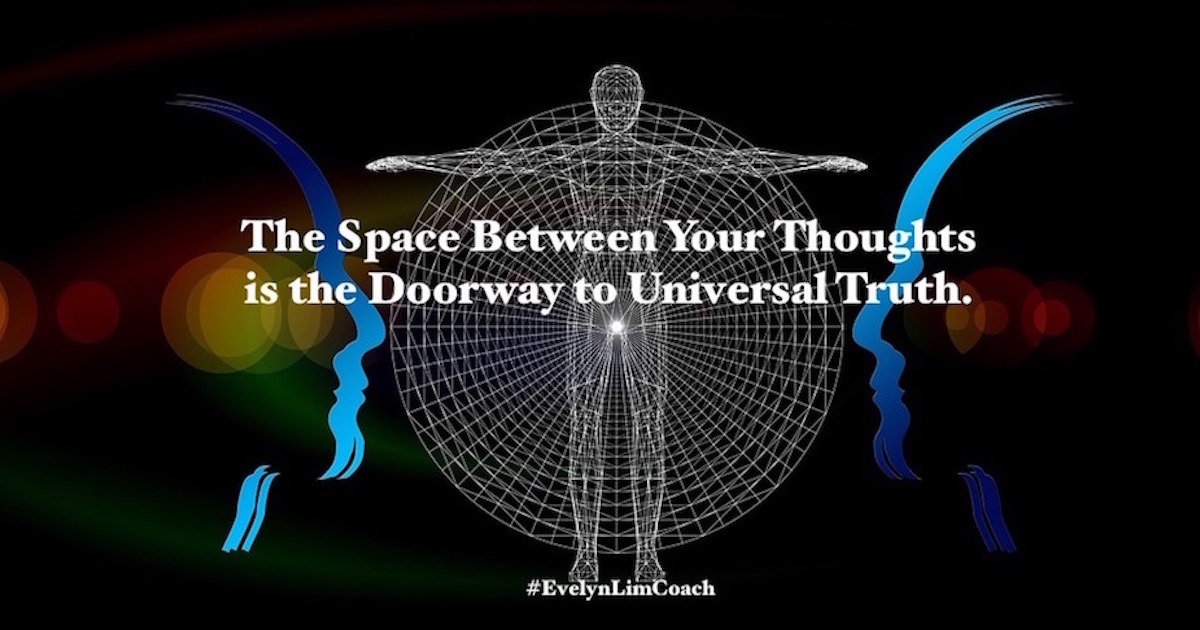Category Archives for "Creativity"
Cultivating creativity
Cultivating creativity

Start to nurture your soul to improve the quality of living. If you are currently starving yourself of love, warmth and all things chocolate, it is time to do things differently. Starving your soul is tantamount to a refusal to say yes to the joy of enjoying rich beauty and abundance around.
By starving your soul of needed nourishment, you end up carrying a negative vibe. It is evident when you are constantly swearing, complaining and being rude to others. Soul starvation makes you bitter, needy, angry and resentful. It is even possible that you feel lonely because friends inadvertently shy away from you.
Conversely, when you nurture your soul, life feels full. You become a lover of life. Every little experience opens you to delight. Rose buds unfolding their miracles. Unicorns riding on rainbows in the sky. Red strawberries coated in fresh cream. And the scent of early morning dew. Invariably, living life with an exuberance puts you in a heightened state of energy consciousness

In the most popular sense of the word, Gap is the label of an all American clothes brand with stores worldwide. Over in London, the term “Mind the Gap” is an announcement often heard at its Underground railway system when a train arrives at a station. Passengers are told to look out for and to avoid the significant gap between the train door and the station platform. In economics, “Gap analysis” refers to a business resource assessment tool.
Of lesser known, is the concept of Gap from a meditative perspective. Spiritual teachers and meditation masters tell us to not only recognise the Gap but Be in It. They recommended that much benefits can be derived when we do this. Admittedly, the Gap is a profound concept, which in its simplicity, not quite as easy to grasp especially if we have not been conscious about it. Yes, it is possible that you have experienced it at one time or another, as you go about your hectic life.

Encountering blocks to creativity?
Let’s first consider adopting a shift in perspective.
Most people, including yourself, may think about about creativity as doing well in art and music. Hence, if you find that you are nowhere near producing great works in these areas, you may well declare that you are not creative. However, I would like to embrace a broader definition of what creativity is.
To begin with, you need not be a genius to be creative. Creativity is a surge – a burst of imaginative and new ideas or your own unique interpretation of your five senses – that arises within your inner Being and turning this surge into reality. It also involves the the translation of your unique gifts and talents into something new and useful.
Creativity can also be about problem solving. In fact, you do not need to have a big problem to solve, to be considered creative. If you can solve your everyday problems in an ingenious way or come up with solutions to plug gaps, you are creative.
Once upon a time, in a magical land far far away, there lived a young maiden, who lived with her stepmother and two ugly stepsisters. They were horrible to her, piling her with loads of housework, making her work near the cinders and eventually calling her “Cinderella”.

Cinderella dreamed of a life of abundance. She dreamed of riches, beautiful gowns and the man who would save her from her wretched life. Nevertheless, every once in a while, she could not help but focused on her rags, her miserable room in the attic and her lack to abundance. She could not help feeling envious about the pretty dresses and the magnificent finery that her stepsisters wore.
Do you find that your best ideas always come from “out of nowhere”?
Well, the good news is that it need not be a case of mere coincidence that you get struck by a bright idea.
Napoleon Hill, the best-selling author of “Think and Grow Rich” believed that the human mind was capable of tapping into universal fields of intelligence to access ideas and inspiration.
Napoleon Hill observed that….
The great artists, writers, musicians and poets became great because they acquire the habit of relying upon the still, small voice that speaks from within, through the faculty of creative imagination. It is a fact well known to people who have keen imaginations that their best ideas come through so-called “hunches”.
Napolean Hill shared about how one inventor from Maryland, the late Dr. Elmer R. Gates, came up with over 200 patents. Gates would sit in his soundproof laboratory holding a pad of writing paper and shut off the lights. In the dark, he would ponder on the known factors of the invention on which he was working for hours. He remained in the same position until ideas began to “flash” into his mind.
On one occasion, ideas came so fast to Gates that he was forced to write for almost three hours. When the thoughts stopped flowing, he proceeded to examine what he has written. He realised that they contained a minute description of principles, with no parallel among the known data of the scientific world. What was amazing was that the answer to his problem was intelligently presented in those notes.
Naaaaahhh? Don’t believe? Think that he is an exception?
Let me quote you another two examples.
The greatest inventor of our time, Thomas Alva Edison, used a similar technique and he apparantly did it through sleeping. Edison was awarded 1368 distinct patents and invented, the incandescent light bulb, the phonograph, the film projector, and the first motion picture. Edison had a secret – he would always take frequent naps in the middle of the day. Edison was known to have said, “Ideas come from space. Well, it is likely that he came up with several ideas while at the alpha state.
Then, there is Richard Bach, the author to the best selling book, Jonathan Livingston Seagull. He revealed in an interview in 1972, that he wrote two-thirds of the book in a dream-like state.
And there are plenty more testimonials provided by graduates from The Silva Method. In the Silva Method program, you are also taught how to use dreams to get answers to the problem that you are seeking for. At the alpha and theta level, you are tapping into sources of knowledge not available at the waking level. Ideas won’t just be coming to you by mere coincidences but because you programmed for them.
Knowing that the answers can possibly come from within has been a helpful insight to me. Previously, I have always tried to analyse problems logically. However, there have been times when I got frustrated because I could not come up with something viable. I would then try my best to force out a solution and hope for the best.
I am no genius yet – unlike Thomas Edison, Dr Gates or Richard Bach. However, through their examples, I have learnt that there is another way of getting ideas and inspiration and definitely a far better one. I learnt now that it is best not to hold on too tightly to a problem. The best ideas come from the creative or subconscious mind, which I am learning to tap more from.
I’m also hoping to teach these concepts to my kids. Min, in particular, has been producing beautiful art work. It is highly apparent that she is creative. I hope to be able to teach her to access her creative mind not just for doing art but for a whole range of practical life issues.